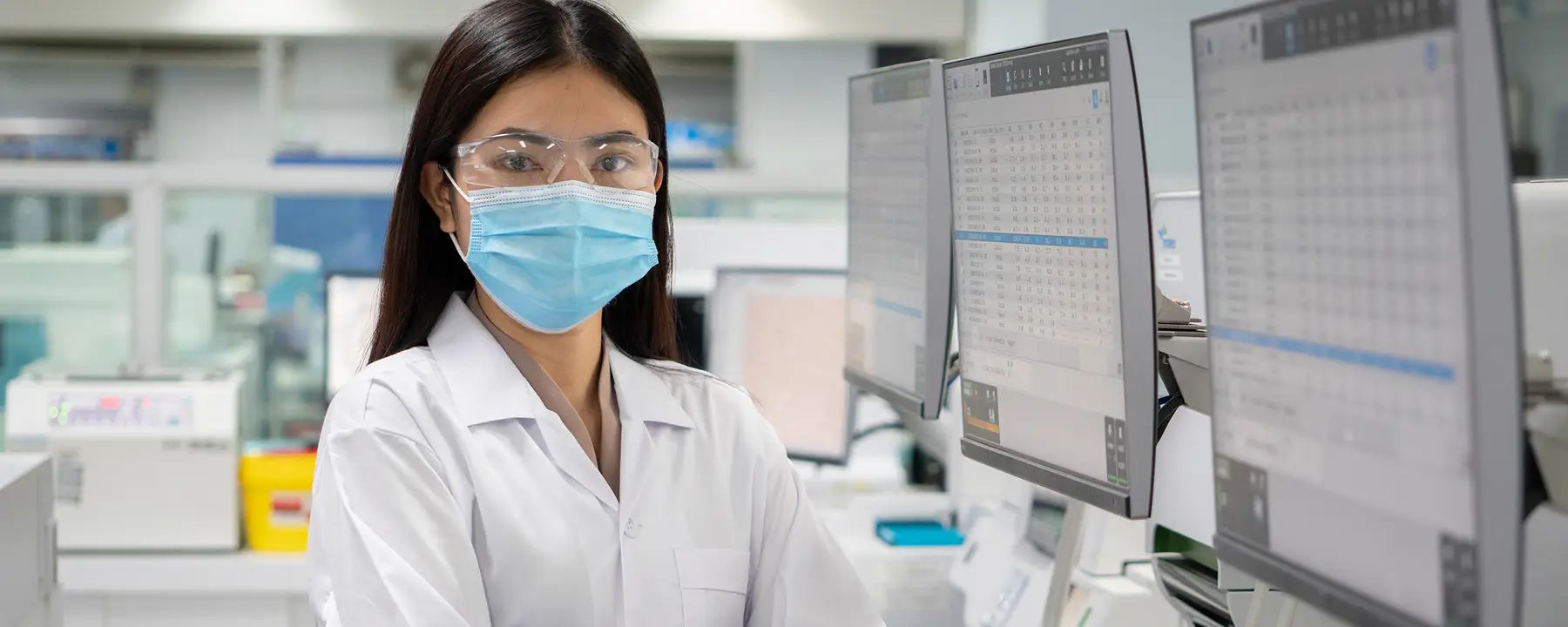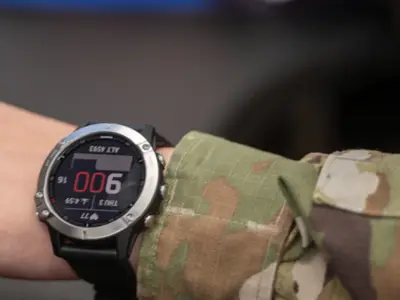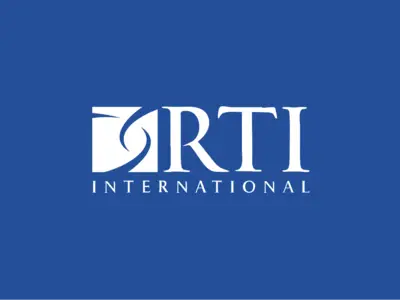TAC’s Biomedical Innovations Group develops diagnostic and therapeutic solutions to combat disease and improve human health.
TAC’s Biomedical Innovations Group develops diagnostic and therapeutic solutions to combat disease and improve human health. Our team’s combined experience in biomedical engineering, biochemistry, materials science, drug formulation and device design enables the development of unique solutions for drug delivery and detection of various health conditions.
Subcutaneous, Long-Acting Implant for Sustained Drug Release
Sustained delivery of active pharmaceutical ingredients (APIs) is required for a multitude of medical therapies and preventative measures. APIs administrated by the patient (e.g., oral pills) can result in adherence challenges due to burdensome time- or event-driven regimens. User-independent API delivery (e.g., long-acting injectables) alleviate some burden for the end-user, but also involve key drawbacks, including the inability for removal in the event of a drug-related serious adverse event. Additionally, long-acting injectables often result in a first-order pharmacokinetic (PK) profile with a gradual decrease in dosage, resulting in a potentially extended period of delivery that is below the effective dose, as seen for long-acting contraception.
To address these challenges, RTI has developed a subcutaneous, reservoir-style implant that enables constant, zero-order PK profile through a membrane-controlled mechanism. Implant duration is currently targeted for one year of API delivery but can be reduced to accommodate shorter time frames. The biodegradable design eliminates the need for implant removal after depletion of the API and follow-up visits to a health care facility when treatment is completed. Importantly, this technology delivers user-independent API dosing and is potentially reversible and retrievable during treatment if needed. The team is currently developing the technology for HIV PrEP/treatment and contraception, and is evaluating use for other indications and medical countermeasures.
Pulmonary Drug Delivery
Treatments for pulmonary disorders, such as tuberculosis (TB) and infections stemming from non-tubercular mycobacteria (NTM), are often lengthy and involve systemic administration routes. Multiple drug and extensively drug-resistant (MDR and XDR) strains of bacteria are emerging. Alternative treatment measures are necessary to decrease treatment times, increase patient adherence, and overcome drug resistance to existing regimens. Treating lung infections via aerosols (generated from dry powder inhalers or nebulizers) would increase local therapeutic concentrations compared to oral or intravenous administration.
Our team formulates dry powder aerosols and other lung delivery systems for such treatment. We develop anti-TB candidates from lab scale formulation to Investigational New Drug (IND) application and preclinical development. We also manufacture custom individual animals dosing devices and group dosing chambers to facilitate in vivo pharmacokinetic (PK) and efficacy studies. We maintain scalable spray drying capability for powder drug formulation, development and optimization.
Wearable Monitors for Detection of Health Conditions
The RTI team has extensive experience with analyzing physiological signals from wearable sensors and developing algorithms to identify specific events. The team has worked on a variety of projects that integrate cardiac, respiratory, and electrodermal activity to identify autonomic nervous system activity in response to mental or physical stress. The link between the autonomic nervous system and accessible physiological data such as cardiac signals provides powerful insight into mental and physical wellness.
We develop intelligent systems, combining wearable sensors and custom algorithms for novel diagnostics which are non-invasive, rapid and field-deployable. The technologies we develop achieve diagnostic insights by leveraging the growing availability of wearable physiological sensors coupled with the development of application-specific algorithms for real-time test-to-answer operation.
We have developed detection approaches for:
- Presymptomatic detection of infection (e.g. influenza, coronavirus)
- Mild traumatic brain injury (mTBI)
- Presymptomatic detection of epileptic seizures
- Automated detection of autistic stereotypical body movements
- Combined respiratory sinus arrhythmia (RSA) detection with executive function (EF) cognitive assessments to assess social and academic school readiness in children





